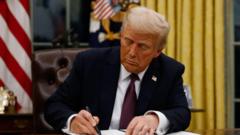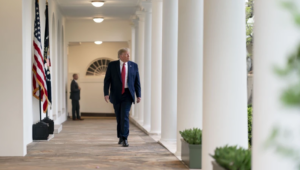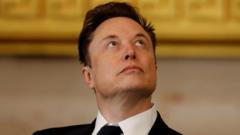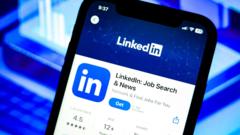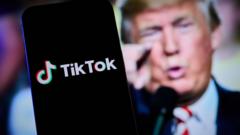In a bold legal move, Nippon Steel and US Steel are taking the U.S. government to court, alleging that President Biden's decision to block their acquisition deal was influenced more by political motives than by genuine national security concerns.
Nippon Steel and US Steel Challenge Biden's Blockade in Lawsuit
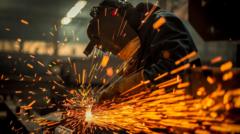
Nippon Steel and US Steel Challenge Biden's Blockade in Lawsuit
Nippon Steel and US Steel file a lawsuit against the Biden administration, alleging political bias in blocking their $14.9 billion takeover deal.
In their lawsuit, Nippon Steel and US Steel contend that the Biden administration's rejection of a proposed $14.9 billion acquisition deal has more to do with political favoritism toward labor unions than legitimate national security issues. The companies assert that the President "ignored the rule of law" to secure support from trade unions as he approaches the end of his administration.
President Biden defended the decision, citing the importance of maintaining a strong, domestically-owned steel industry for national security, particularly in the automotive and defense sectors. The acquisition would potentially result in the creation of a massive steel entity, competing among the largest in the world, aside from China.
The legal actions, initiated shortly after the deal was blocked on Friday, call for the court to dismiss the review process conducted by the Committee on Foreign Investment in the U.S. (CFIUS), which is responsible for overseeing foreign acquisitions of U.S. companies. Nippon and US Steel claim that the CFIUS did not perform a rigorous, national security-oriented review.
Further complicating matters, the companies have also named David McCall, president of the United Steelworkers union, and Cleveland-Cliffs CEO Lourenco Goncalves in their suit, accusing them of colluding to derail the transaction.
The United Steelworkers union, however, expressed their unwavering support for Biden's decision, stating it serves the interests of their members and national security. They stressed that Nippon Steel has long posed a risk to the U.S. steel sector, accusing the company of practices like dumping its products into the American market.
In their defense, Nippon Steel and US Steel argue that the merger would ultimately strengthen the U.S. steel landscape, particularly in facing competition from China, and they have committed to investing $2.7 billion into the U.S. operations of US Steel.
Meanwhile, President-elect Donald Trump has voiced his opposition to the deal as well, suggesting that with increasing tariffs, US Steel should maintain its independence for greater profitability.
Japan's Prime Minister Shigeru Ishiba has also weighed in, raising concerns over the impact of the U.S. decision on bilateral trade relations and calling for transparency regarding the security concerns that led to the deal's obstruction. Ishiba noted that the situation represents a significant issue for future investment dialogues between Japan and the U.S.
President Biden defended the decision, citing the importance of maintaining a strong, domestically-owned steel industry for national security, particularly in the automotive and defense sectors. The acquisition would potentially result in the creation of a massive steel entity, competing among the largest in the world, aside from China.
The legal actions, initiated shortly after the deal was blocked on Friday, call for the court to dismiss the review process conducted by the Committee on Foreign Investment in the U.S. (CFIUS), which is responsible for overseeing foreign acquisitions of U.S. companies. Nippon and US Steel claim that the CFIUS did not perform a rigorous, national security-oriented review.
Further complicating matters, the companies have also named David McCall, president of the United Steelworkers union, and Cleveland-Cliffs CEO Lourenco Goncalves in their suit, accusing them of colluding to derail the transaction.
The United Steelworkers union, however, expressed their unwavering support for Biden's decision, stating it serves the interests of their members and national security. They stressed that Nippon Steel has long posed a risk to the U.S. steel sector, accusing the company of practices like dumping its products into the American market.
In their defense, Nippon Steel and US Steel argue that the merger would ultimately strengthen the U.S. steel landscape, particularly in facing competition from China, and they have committed to investing $2.7 billion into the U.S. operations of US Steel.
Meanwhile, President-elect Donald Trump has voiced his opposition to the deal as well, suggesting that with increasing tariffs, US Steel should maintain its independence for greater profitability.
Japan's Prime Minister Shigeru Ishiba has also weighed in, raising concerns over the impact of the U.S. decision on bilateral trade relations and calling for transparency regarding the security concerns that led to the deal's obstruction. Ishiba noted that the situation represents a significant issue for future investment dialogues between Japan and the U.S.




